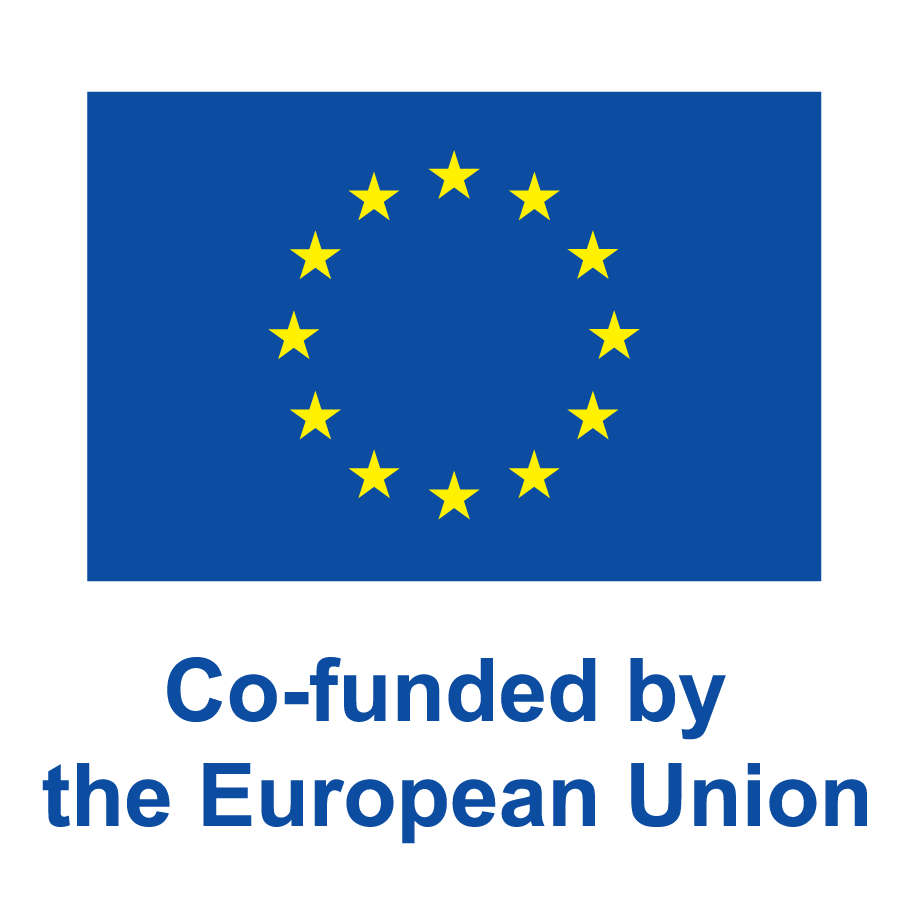About project
Sustainable development (SD) is a continuous and controlled social change aiming to secure opportunities for a good life for present and future generations. Around the world, actions are taken to make a shift in the consumption pattern and to encourage people to conserve, regulate, and enhance the world’s resources. In this endeavour, we all have a small part to play, and small steps taken collectively can lead to achieving the goal. We believe that our students need to have access to practical activities and opportunities to act, which will enable them to reconsider their role as environmentally conscious global citizens. Such small steps and actions will be the beginning of their journey towards shaping the future of our world.
Because schools are a place for learning, they can be a starting point for developing a sense of awareness and making conscious changes in students’ and teachers' habits. To adopt sustainable practices and habits, knowledge and information about SD received by students in different classes are not enough. It is important that students and also teachers besides in-depth knowledge about SD have the opportunity to practise, experiment, and analyse their habits and behaviour. Our project creates these opportunities, first through knowledge and understanding, then through practical activities, and finally by designing and carrying out awareness and advocacy campaigns that promote sustainable practices.
Students and teachers will be able to understand the paradigm of sustainability, the interconnection between society, economy, and environment, improve critical thinking, gain sustainable attitudes, and finally adopt sustainable habits in their daily routine. The skills and the attitudes gained will help them to become leaders of change in their communities through campaigns carried out.
Objectives
- We want to develop capacity for sustainable development with focus on responsible production and consumption (Sustainability Goal no. 12), build competencies for SD and adopt new sustainable habits until de end of the project. To reach this goal we will choose aspects from students' life in which they have the power to produce changes such as what they eat, what they wear, and how they get to school.
- We will build competence in communication in order to lead awareness campaigns and advocacy campaigns. Students and teachers will develop digital competencies to be able to create digital materials to promote messages about SD and to present new habits that can be adopted by every one of us until the end of the project.
- We will set up workspaces in each partner organisation, where students and teachers will create new items from waste, will mend and give life to objects that otherwise would have been thrown away. By doing this we will join the fight against climate change because in these workspaces students will have the opportunity to develop and practice sustainable habits. This approach focuses on learning by incorporating hands-on, project-based activities that allow students to apply their knowledge and skills in real-world situations. The use of waste materials also emphasises the importance of sustainability and encourages students to think critically about their impact on the environment. This workspace fosters creativity, problem-solving, and collaboration, and provides students with a unique and engaging learning experience.
Some of the most important results and outcomes:
- Change of attitudes in participants, families, schools, and communities;
- Participants will adopt new sustainable habits;
- Improved practical skills and abilities for students and teachers;
- Teachers equipped with responsible production and consumption competency;
- An e-book with 30 activity plans created by teachers about sustainable development (free, downloadable Open Educational Resources);
- 1 digital character/organisation;
- Virtual panel of characters;
- E-book about how to create a character;
- Posters with tips and tricks on how to be more sustainable;
- Tutorials on how to make cartoon strips, animations;
- Comic books and cartoon strips telling the story of sustainability;
- Guide books (for instance How to make a doll from rags);
- 3 e-books about how to conduct a campaign (advocacy, change of habits/sustainable practices, raise awareness campaigns);
- Campaigns (raising awareness, changing habits, and advocacy campaigns)
- 8 DIY workspaces;
- 16 prototypes of objects created in the workspaces using waste as raw materials;
- Brochure “Upcycling 101: Transforming Trash into Treasure”;
- Objects created from waste;
- Sustainability Check! Application.

